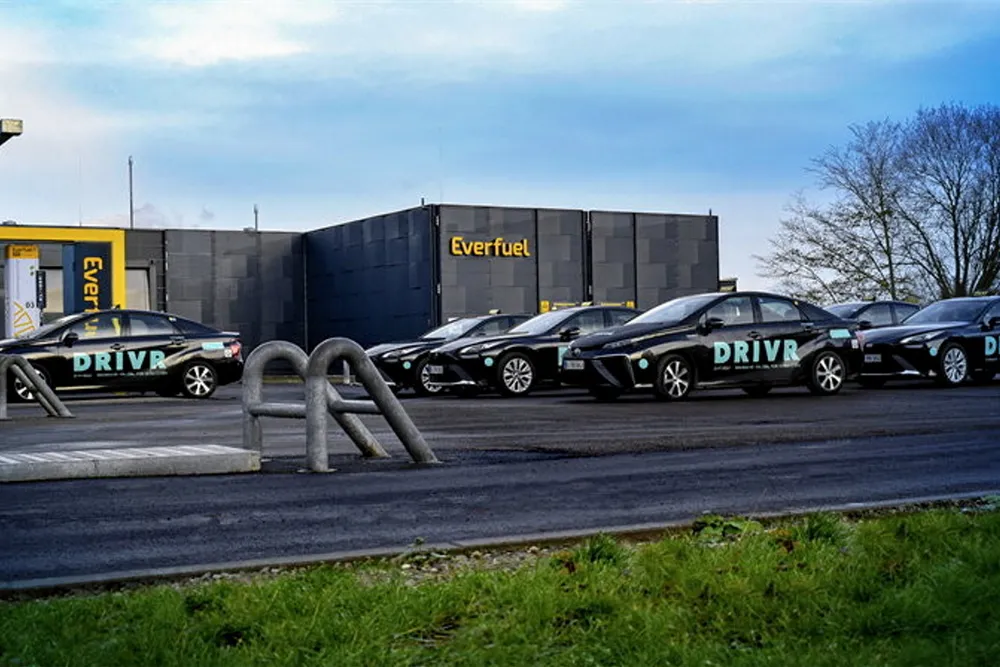Hydrogen vehicles in Denmark left without fuel as all commercial refuelling stations shuttered
Everfuel will close, pause, divest or repurpose light-duty filling stations throughout Nordics, due to lack of profitability and non-compliance with AFIR

Everfuel will close, pause, divest or repurpose light-duty filling stations throughout Nordics, due to lack of profitability and non-compliance with AFIR
